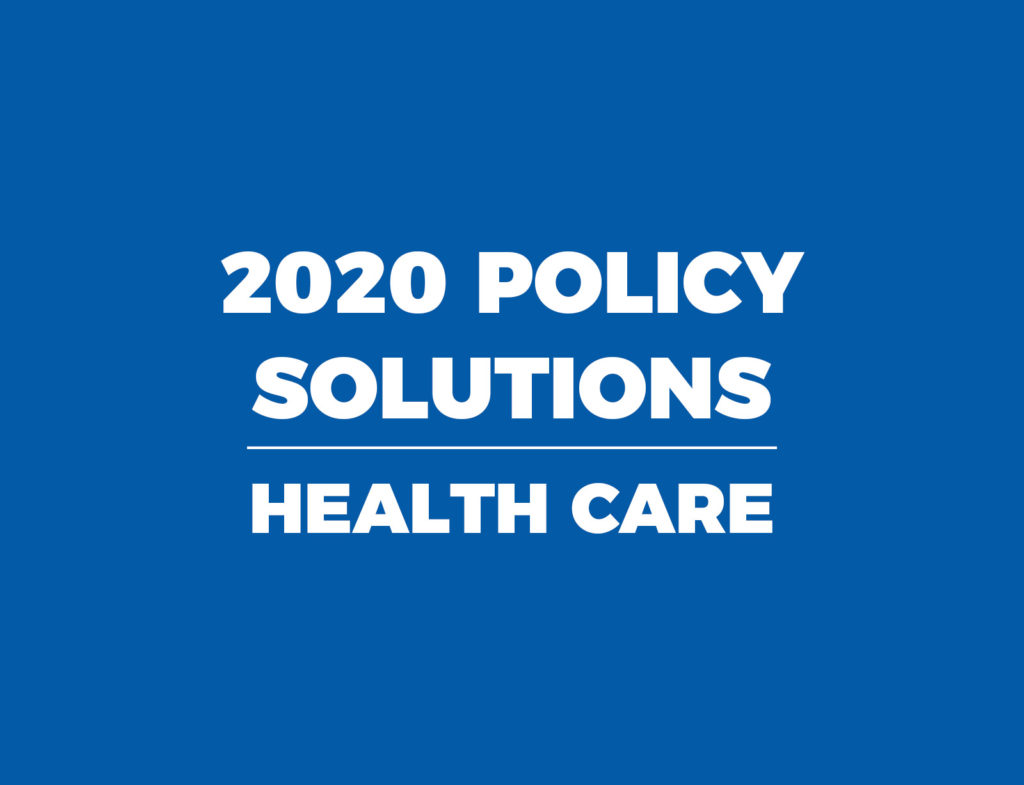Introduction
Certificate of Need (CON) is a regulation that limits health care supply unless state health care planners determine a specific “need.” Based on the theory that the economics of health care is unlike any other market, CON laws use central planning to try to reduce health care costs by keeping health care facilities from buying too much equipment, building too much capacity, and adding too many beds. Other than a few exemptions to the rule, medical providers with plans to build or expand an existing health care facility, offer new services, or update major medical equipment, must ask for, and receive, permission from the State Health Coordinating Council (SHCC).
Congress enacted CON laws under the federal Health Planning Resources Development Act in 1974, intending to cut down on health care cost inflation. However, the federal government repealed the CON mandate in 1987 because the program did not effectively restrain costs. In fact, four decades’ worth of data and research into CON laws consistently find that they fail to lower health care costs. On the contrary, limiting the supply of health services is far more likely to cause increases in health care costs because it reduces competition.
Since the federal CON repeal, 15 states have scrapped their CON programs. North Carolina did not. The state still has one of the most stringent CON programs in the nation, regulating over 25 services that range from kidney dialysis units to mental health services to ambulatory surgical centers (ASCs).
North Carolina did undertake some reform in 2005, allowing gastroenterologists to perform colonoscopies in their own endoscopy units. The utilization of those services increased by 28 percent over four years. Yet, overall Medicare savings still amounted to more than $224 million within six years, as procedures performed in free-standing facilities are reimbursed at a lesser rate than those performed in full-service hospitals.
Most recently, the state legislature allowed select rural hospitals to bypass the CON process for purposes of adding or converting unused acute-care beds into inpatient behavioral health beds. The exemption aligns with the mission of the state’s Task Force on Mental Health and Substance Abuse to expedite treatment for psychiatric and substance abuse needs. Ideally, all hospitals and health centers, not the state, should be able to decide for themselves how to provide these resources. Eliminating CON review, in this case, is a significant victory for patients.
Even so, the State Health Coordinating Council and other proponents of Certificate-of-Need laws argue that centralized decision-making must remain intact to prevent duplicative services and underused facilities that may yield low-quality care.
Key Facts
- When CON laws were implemented, public policymakers hoped to tackle massive health care inflation due to the “cost-plus” reimbursement method under which providers were paid at the time. However, years of research have shown that, despite the presence of CON laws in most states, health care costs continued to rise and the federal government realized these laws failed to achieve its goal of keeping inflation in check.
- The impact of CON laws extends beyond artificially higher prices. North Carolina’s CON program reduces access to health care for consumers and local communities, especially those who live in small towns and rural areas. CON states have 30 percent fewer rural hospitals and 13 percent fewer rural ambulatory surgical centers compared to states without CON laws. The elderly, the poor, people under time constraints, and people with emergency medical needs would be better served by having medical services nearby, rather than traveling to a hospital or clinic fortunate enough to have received CON approval for a service or procedure.
- Supporters of CON laws claim they are necessary to ensure hospitals can provide “charity care” or can accommodate those without insurance or those who have trouble paying for medical care. However, studies have shown there is no difference in the amount of charity care between states that impose CON laws and states that don’t.
- CON laws inhibit the economic freedom of medical entreprenuers. Dr. Gajendra Singh of Forsyth County was told by North Carolina Department of Health and Human Services regulators that he would be required to obtain their permission to install and operate an MRI scanner for his medical practice. Dr. Singh partnered with the Institute for Justice to file a lawsuit that challenges the constitutionality of North Carolina’s CON law related to MRI machines.
Recommendations
- Repeal Certificate of Need. CON laws restrict access to care, put government control ahead of patients and doctors, handcuff health providers from offering care in their communities, increase health care costs by preventing competition, undermine the doctor-patient relationship, and add anxiety about the quality of care when we are most vulnerable. North Carolina families deserve access to quality care and lower costs, unencumbered by government control.



